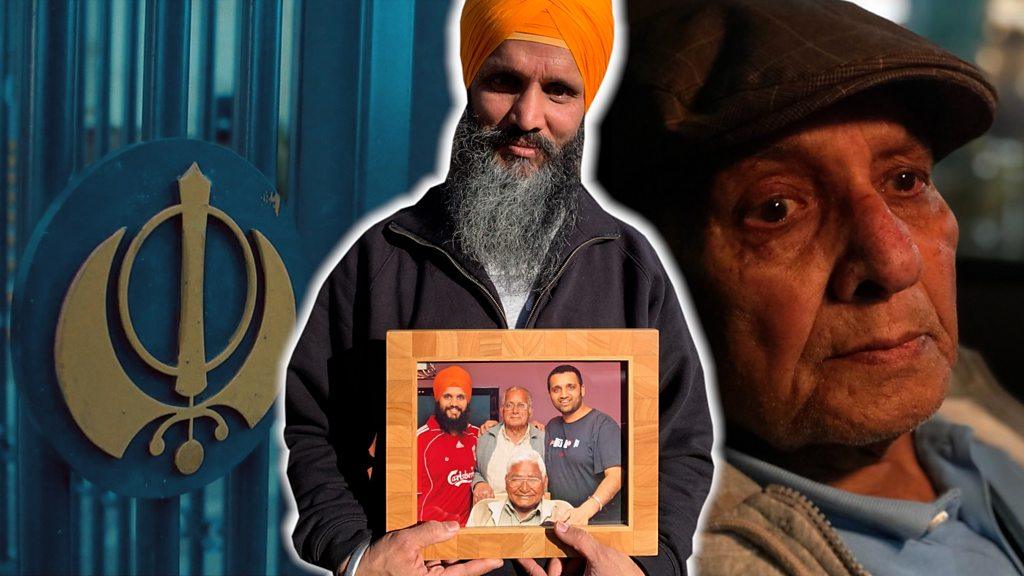Crawley: Dementia film aims to break taboo in South Asian community
- Published
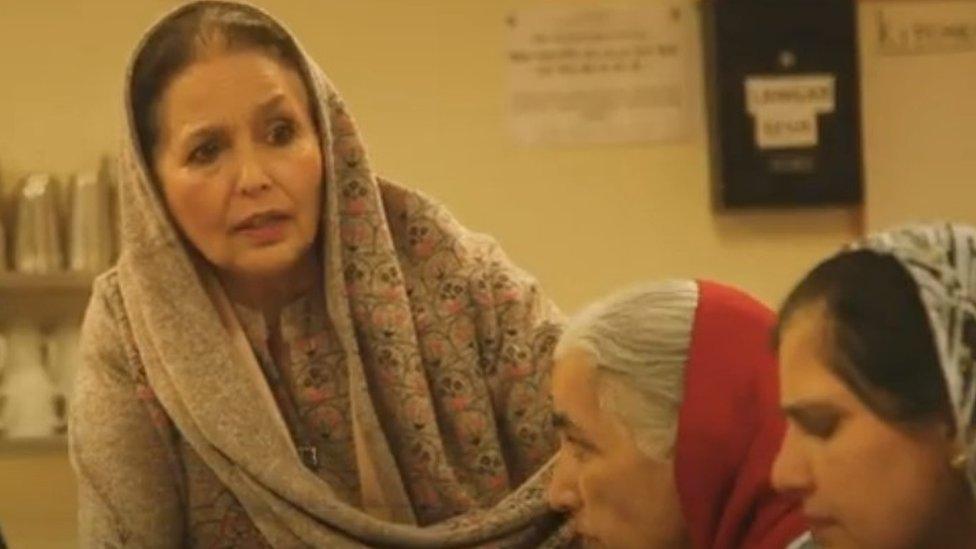
Sussex resident Jasvinder Kaur Johal tells the story of her family's experience of dementia as part of the film
A short film about living with dementia has been launched to encourage people in the South Asian community to access support.
Living Well With Dementia, external by Mind Wick, in association with the Alzheimer's Society and Carers Support West Sussex, was broadcast in Crawley.
Carers Support now plans to take it to other venues, including schools.
Parveen Khan, from the charity, said: "Kids that see the film now will be the carers of the future."
Ms Khan, who works for Carers Support, said a combination of "taboo, a language barrier and pride" meant South Asian people were not coming forward for help.
She said: "The awareness is not there and these communities have underlying health issues as well, which is why it is so important we reach them."
A study led by University College London researchers last year found that black and South Asian people living with dementia died younger and sooner after diagnosis, which it said highlighted the need for more targeted interventions to improve outcomes.
Speaking in the film, Dr Bikram Raychaudhuri said: "Dementia is a disease and there are things we can do to make it better."
It is hoped the film, alongside another, called One In Six, external, will help to break down the taboo which Ms Khan said existed within the community.
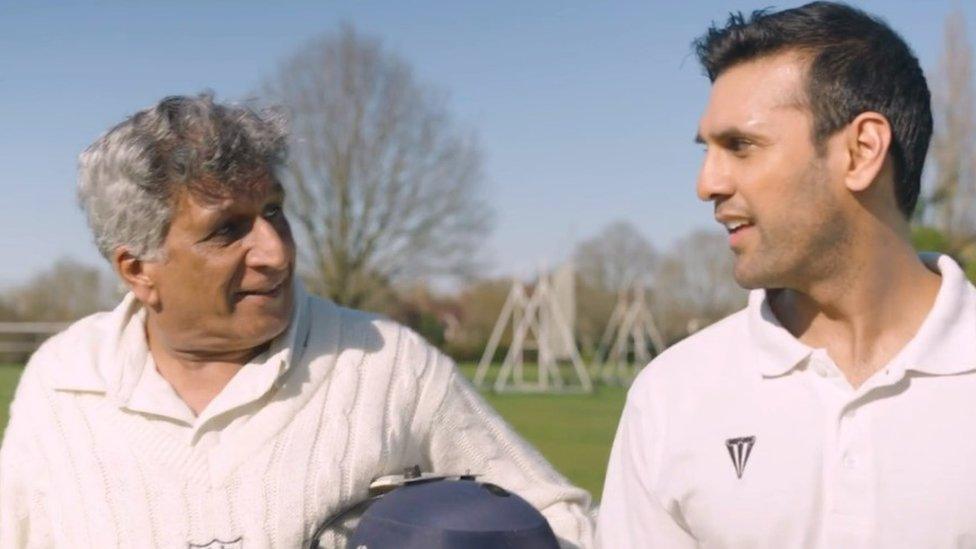
The film One in Six tells the story of a man, played by Saaj Raja (right), helping his uncle, who is living with dementia
Saaj Raja, an actor from Crawley who appeared in One in Six, brought his own experience to the role as his grandfather lived with dementia for five years.
He said: "The importance of the collective is given prevalence over the individual sometimes in south Asian cultures and societies, so it's up to us to break that taboo.
"Instead of wondering and worrying what other people will think, if we begin to prioritise the mental health of our loved ones, we will begin to see that the community will actually come together to support and enable that, rather than judge it."

Follow BBC South East on Facebook, external, on X, external, and on Instagram, external. Send your story ideas to southeasttoday@bbc.co.uk, external.
- Published14 September 2023
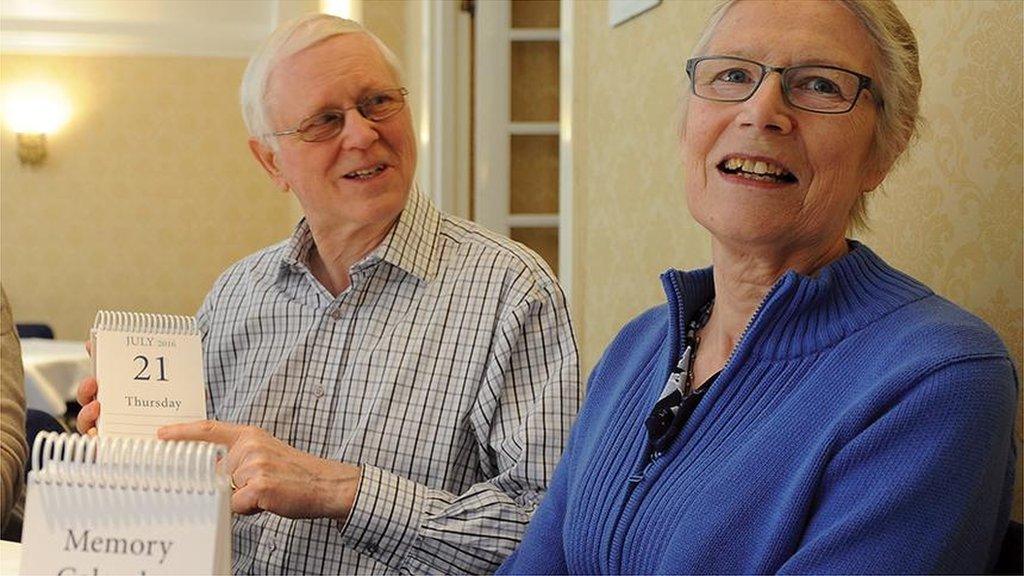
- Published6 September 2023
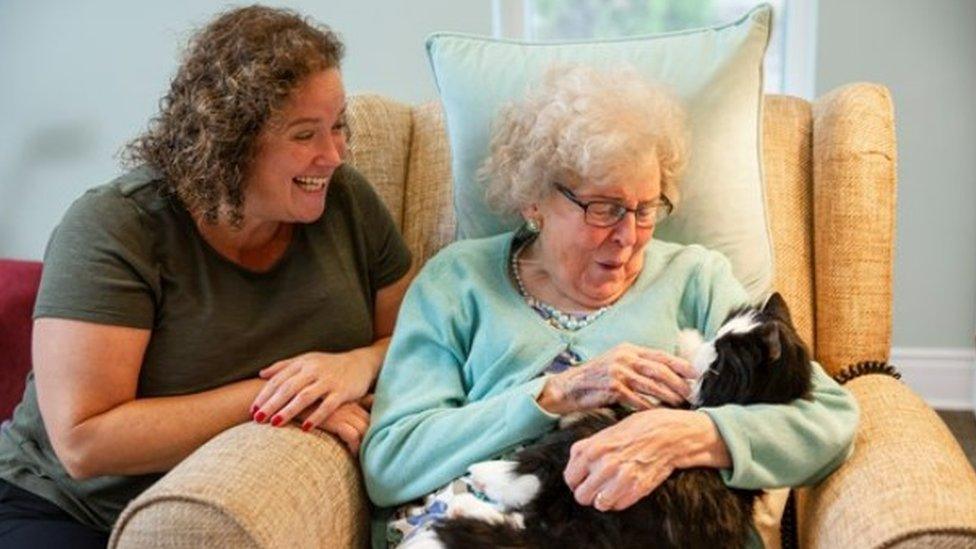
- Published17 July 2023

- Published12 October 2022
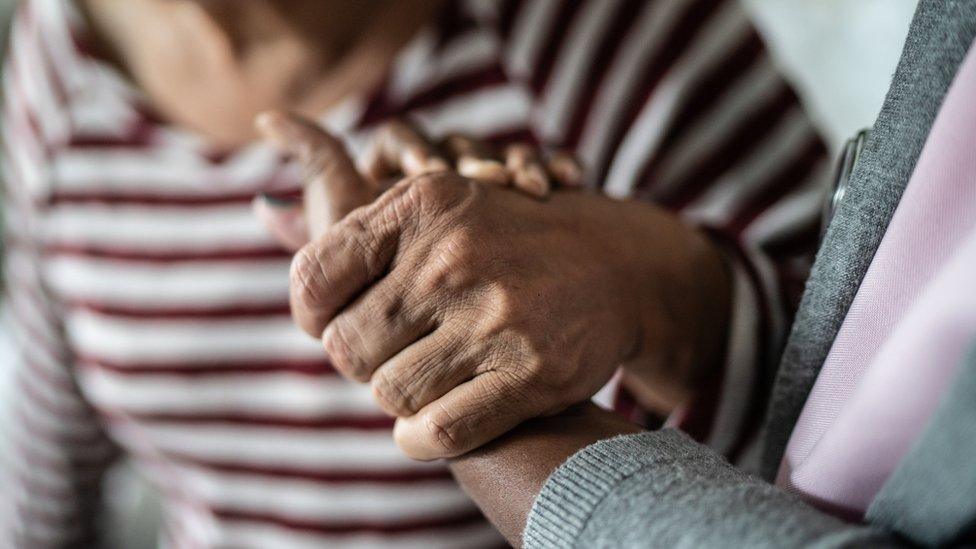
- Published14 December 2020
